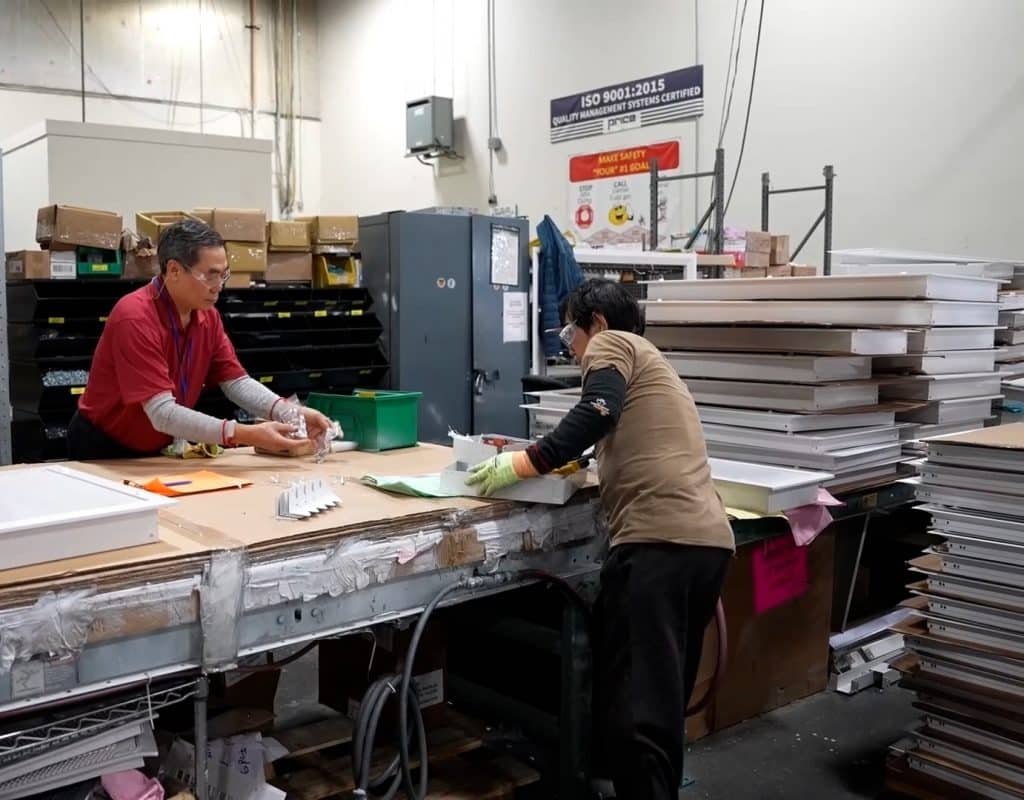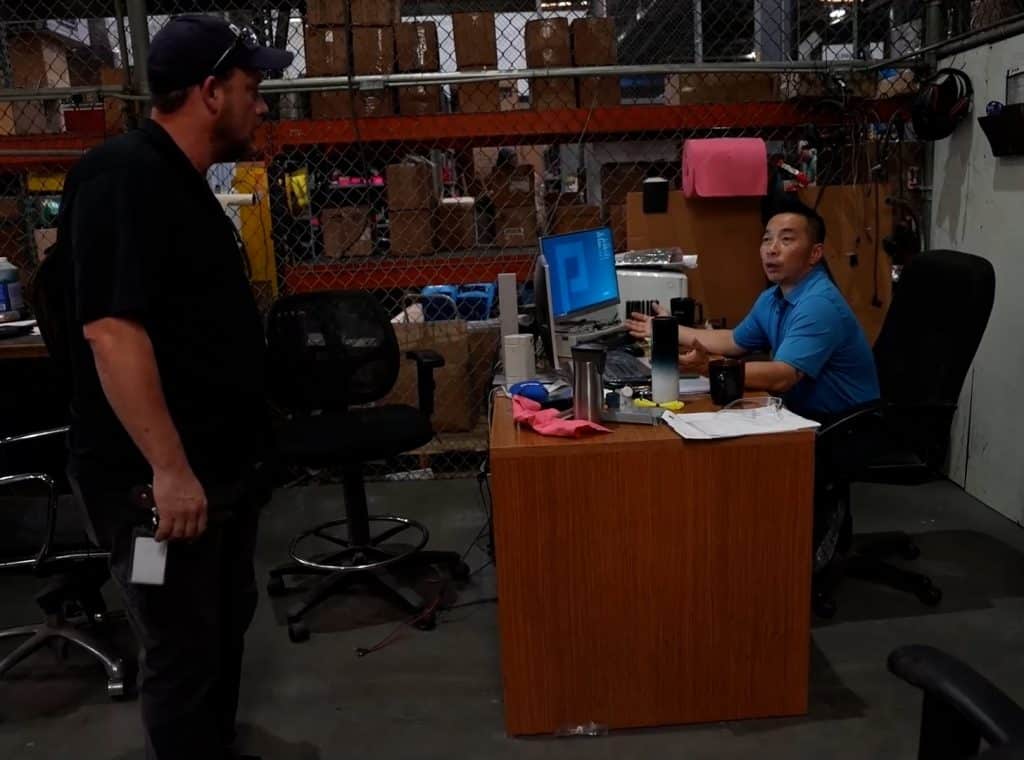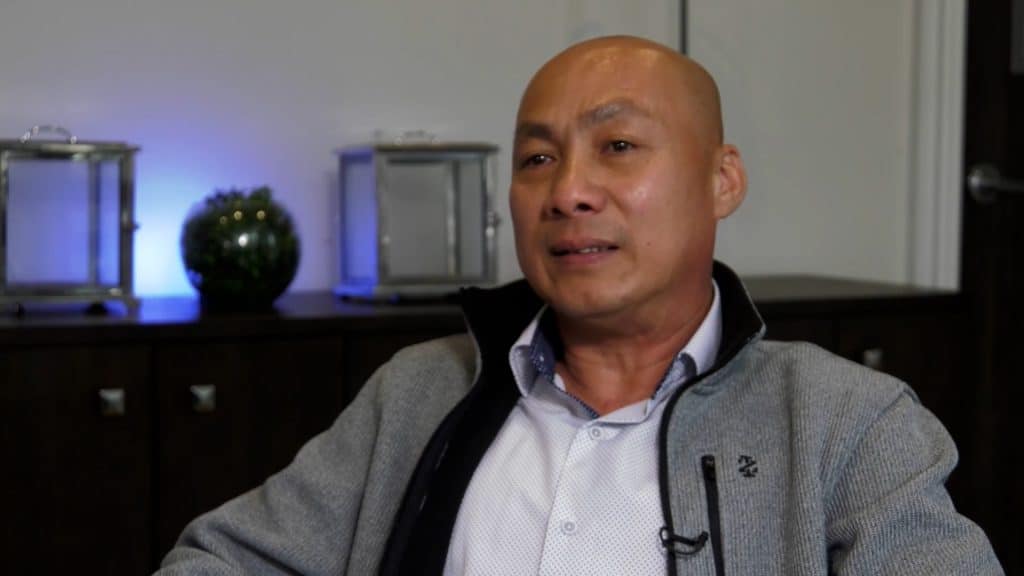In Georgia, so-called “right-to-work” laws make it hard for unions to organize and retain members, particularly when language barriers in the workplace already present challenges. Despite such obstacles, though, SMART Local 85 (Atlanta, Ga.) has made big inroads at Price Industries, where approximately 70% of the workforce speaks Vietnamese as a first language.
“A new approach to internal organizing has been key to this success,” said SMART Director of Production Workers Dave Goodspeed.
“We were able to hire — from our own ranks — a Vietnamese speaker, Donson Ha,” Goodspeed explained, “and he’s a firecracker.”
Anti-union right-to-work laws allow members to opt out of paying union dues, making the inability to communicate effectively to an entire workforce potentially devastating to both workers and local unions. That was especially true at Price in Georgia: Local 85 was unable to convey the union difference and best represent its members, and workers were cautious about seeking representation from those they literally couldn’t understand.
“For a long time, Price Industries has been a hard nut to crack in terms of signing new members, primarily because Price has made a practice of hiring so many different nationalities,” Goodspeed said.
“They have people who speak English, Spanish, Vietnamese, Burmese, Cambodian, and the largest population of workers down there — probably 50% — are Vietnamese,” added SMART International Production Organizer Sharon Walker.


Until recently, only around 20–25% of Price workers had signed up with the union, Walker said, and the lack of representation had material consequences. One example: The company would post mandatory overtime notices to its bulletin boards in English exclusively, making it difficult for non-English-speaking workers who may have missed the announcement from their shop lead to know what was required of them. And in the event that a worker who didn’t speak English faced discipline, they often didn’t know how to go to their union for help.
“I didn’t know about unions until I met Sharon, and she explained to me … what a union is,” said Vietnamese-speaking Shop Steward Rich Manh Bui.
“Before, nobody represented them, and that’s why Vietnamese [workers] didn’t know anything about a union,” added fellow Shop Steward Hai Ngo. “Even when they joined a union, and they had a problem, they don’t know where they’re going — they don’t know who they’ve got to ask.”

That’s where Ha and shop stewards like Bui and Ngo entered the equation. Local 85 and SMART International representatives realized they had to do more to gain the trust of the Price workforce, and in the spirit of true trade unionism, they looked to the rank-and-file for leadership. Ha, a 10-year Local 85 member, came from the building trades side of the industry — but after seeing the number of Vietnamese workers in production, especially older workers, he was motivated to change job titles.
Since Local 85 hired Ha as a subsidized production organizer, the percentage of organized workers has approximately doubled.
“I’m very happy to organize, to stand up for Vietnamese people, because they didn’t understand the union; they don’t speak English, and they didn’t know how strong it is to be a union member,” said Ha. “My job is to help them understand how it works, how the union helps people.”


